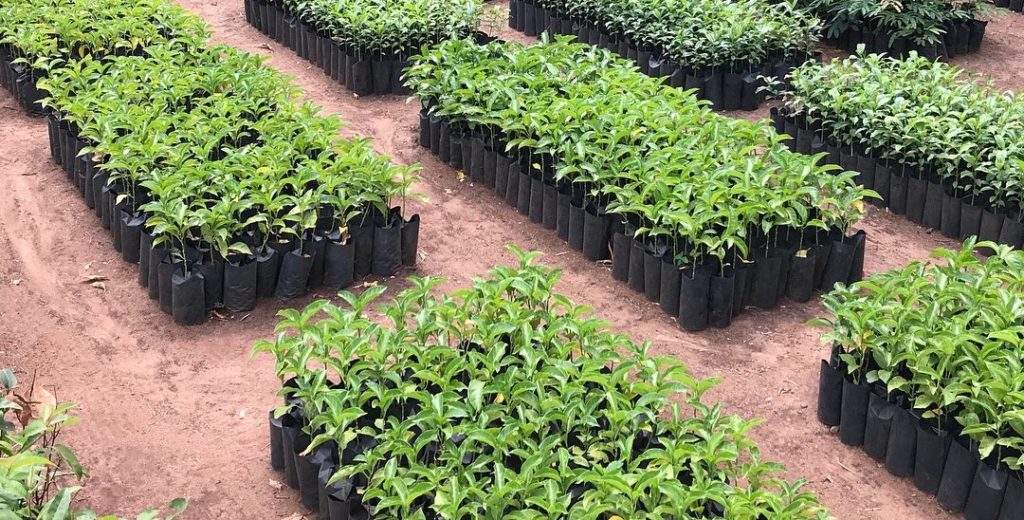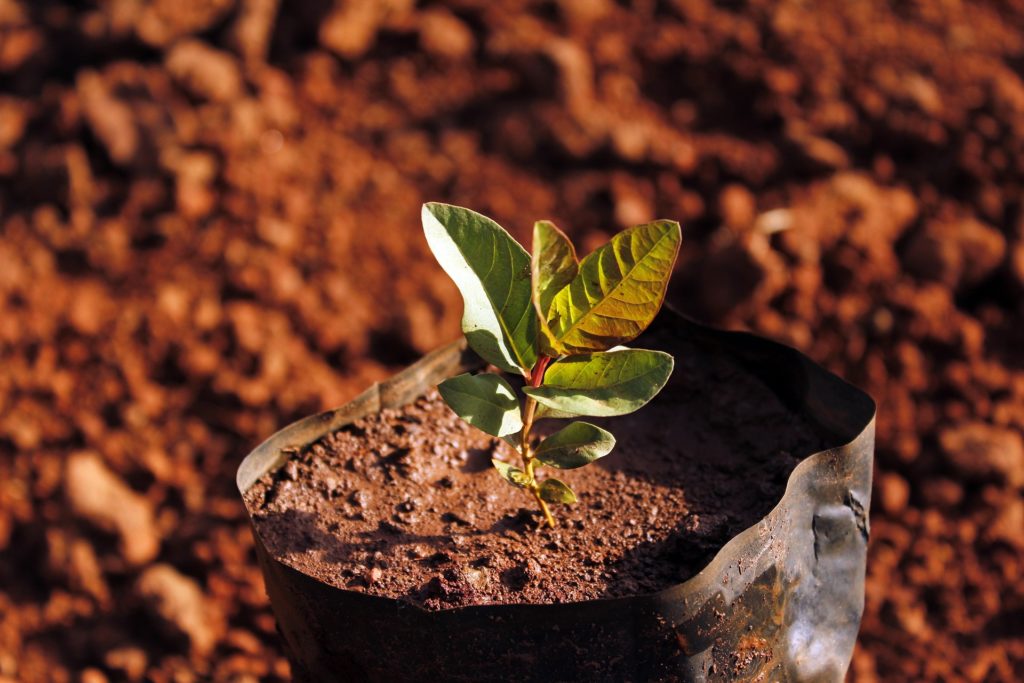Over the past two years, I have been studying Rural Development and Natural Resource Management, doing a Master’s Programme at SLU. My Master’s thesis focused on the role of companies and consumers in mitigating climate change. More specifically, the thesis explored how two Swedish companies, MAX Burgers (MAX) and ZeroMission, presented carbon offsetting on their websites.
MAX is a fast-food restaurant chain that has received a lot of attention for its engagement with climate change. ZeroMission is an intermediary company that sells carbon offsets to MAX and many other Swedish and Scandinavian businesses. Through interviews with customers at MAX, my thesis also explored how carbon offsetting was perceived by a sample of Swedish consumers. The thesis illustrates how planting trees in Uganda has enabled MAX to convince its customers that they will help solve climate change by eating at their restaurants, in spite of the company’s yearly increase of greenhouse gas emissions.
In recent years, many Swedish companies have voluntary made commitments to reduce their climate impact. An approach adopted by several Swedish food and beverage companies (among others) to lower the impact is through offsetting their greenhouse gas emissions.
Commonly called “carbon offsetting”, it means that emissions occurring in one place are compensated for by reducing emissions or storing carbon somewhere else. This is done through projects producing carbon credits, for example through capturing carbon dioxide from the atmosphere by planting trees. The carbon credits can then be traded on carbon offsetting markets as a way for people, companies, organisations and governments to offset their negative climate impact.
Although it may sound good that actors offset their climate impact, carbon offsetting by planting trees in the Global South is not without contestation. Critique has been raised regarding uncertainties of the permanence and additionality of projects. These are two of the conceptual pillars of carbon offsetting. Offsetting projects are also meant to deliver sustainable development benefits to stakeholders in the Global South, and yet, there are documented cases of a lack of such benefits and even of negative impacts on communities.
In addition, so-called nature-based climate solutions (such as forest preservation) and methods for carbon dioxide removal (such as afforestation) are not infinite. To meet the targets of the Paris Agreement we need these tools to counter the impact we already have had on the climate. Researchers have therefore argued that we should change how we think about carbon offsetting and move away from the idea that we can compensate for emissions without reducing them.


